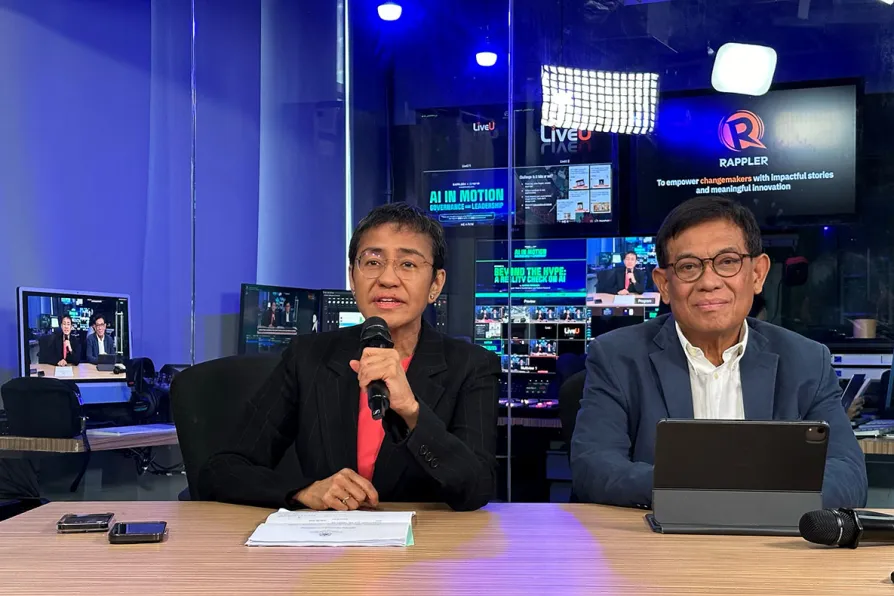Philippine court blocks government’s effort to close news outlet that criticized former president

 Maria Ressa, 2021 Nobel peace prize co-winner and founder of Rappler, an online news outfit, speaks to the media, with her lawyer Francis Lim seated beside her at the Rappler office in Manila, Philippines, August 9, 2024
Maria Ressa, 2021 Nobel peace prize co-winner and founder of Rappler, an online news outfit, speaks to the media, with her lawyer Francis Lim seated beside her at the Rappler office in Manila, Philippines, August 9, 2024
A COURT in the Philippines reversed a 2018 government order to shut down a prominent media organisation today, marking a legal victory for journalists who angered former President Rodrigo Duterte by reporting on his alarming human rights record.
The Court of Appeals ordered the Securities and Exchange Commission (SEC) to restore the certificates of incorporation of Rappler, an online news outfit founded by 2021 Nobel peace prize co-winner Maria Ressa, in a decision issued July 23.
It wasn’t immediately clear if the SEC would appeal the ruling.
Similar stories

While the West celebrates Duterte’s extradition, the selective application of international law reveals deeper geopolitical motives behind the prosecution of a leader from a poor, exploited nation, argues KENNY COYLE

While the West celebrates Duterte’s extradition, the selective application of international law reveals deeper geopolitical motives behind the prosecution of a leader from a poor, exploited nation, argues KENNY COYLE












